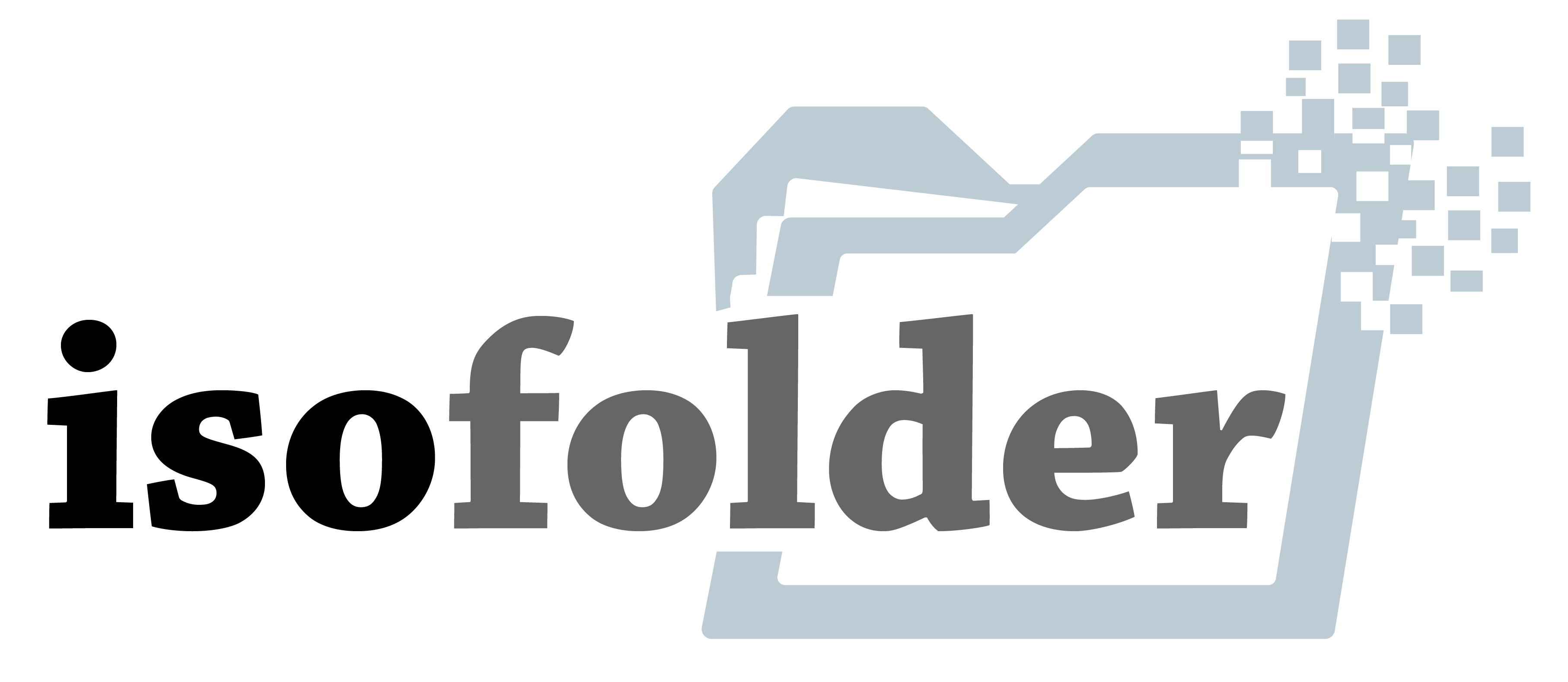Introduction:
In an era where ethical business practices and transparency are paramount, combating corruption has become a global imperative. ISO 37001, the internationally recognized standard for anti-bribery management systems, plays a pivotal role in this endeavor. One of the essential elements of ISO 37001 is the “Anti-Bribery Whistleblowing Report,” a mechanism that empowers individuals to come forward with information about bribery and corruption within organizations. In this blog post, we delve into the significance of Anti-Bribery Whistleblowing Reports and how they contribute to fostering a culture of integrity.
Promoting Transparency and Accountability:
At the core of ISO 37001’s framework lies the emphasis on transparency and accountability. Anti-Bribery Whistleblowing Reports provide a secure channel for employees, suppliers, clients, and other stakeholders to report instances of bribery and corruption without fear of retaliation. This enables organizations to uncover illicit activities that might otherwise remain hidden, thereby bolstering transparency and accountability across the board.
Early Detection and Prevention:
The old adage “prevention is better than cure” holds true in the realm of bribery and corruption. Anti-Bribery Whistleblowing Reports serve as an early detection system, allowing organizations to identify and address potential issues before they escalate. By promptly addressing reported concerns, companies can take corrective measures to prevent further misconduct, protecting their reputation and financial well-being.
Legal and Reputational Safeguarding:
The legal ramifications of bribery and corruption can be severe, leading to hefty fines, legal actions, and damaged reputations. Anti-Bribery Whistleblowing Reports provide organizations with an opportunity to self-regulate, identify breaches, and take proactive measures to rectify them. By doing so, companies demonstrate their commitment to compliance with anti-bribery laws and regulations, mitigating the risk of legal penalties and preserving their reputation in the eyes of stakeholders.
Cultivating a Culture of Ethics:
An organization’s culture is shaped by its values and practices. Anti-Bribery Whistleblowing Reports contribute to cultivating a culture of ethics by encouraging employees and partners to uphold the highest standards of integrity. When individuals witness their concerns being taken seriously and addressed appropriately, they are more likely to align their behavior with the organization’s ethical values.
Enhancing Stakeholder Confidence:
Trust is the bedrock upon which business relationships are built. Anti-Bribery Whistleblowing Reports demonstrate an organization’s commitment to ethical conduct, reassuring stakeholders that the company is actively working to combat corruption. This heightened transparency can lead to increased stakeholder confidence, attracting investors, customers, and partners who value ethical business practices.
Conclusion:
ISO 37001’s emphasis on Anti-Bribery Whistleblowing Reports underscores the importance of proactively addressing corruption within organizations. By fostering transparency, enabling early detection, safeguarding against legal and reputational risks, nurturing an ethical culture, and enhancing stakeholder confidence, these reports play a vital role in the fight against bribery and corruption. As businesses worldwide strive to uphold ethical standards, the incorporation of Anti-Bribery Whistleblowing Reports becomes not only a compliance necessity but also a cornerstone of sustainable success built on integrity.

 Documentation Kit
Documentation Kit Training Material
Training Material Self-Paced Trainings
Self-Paced Trainings